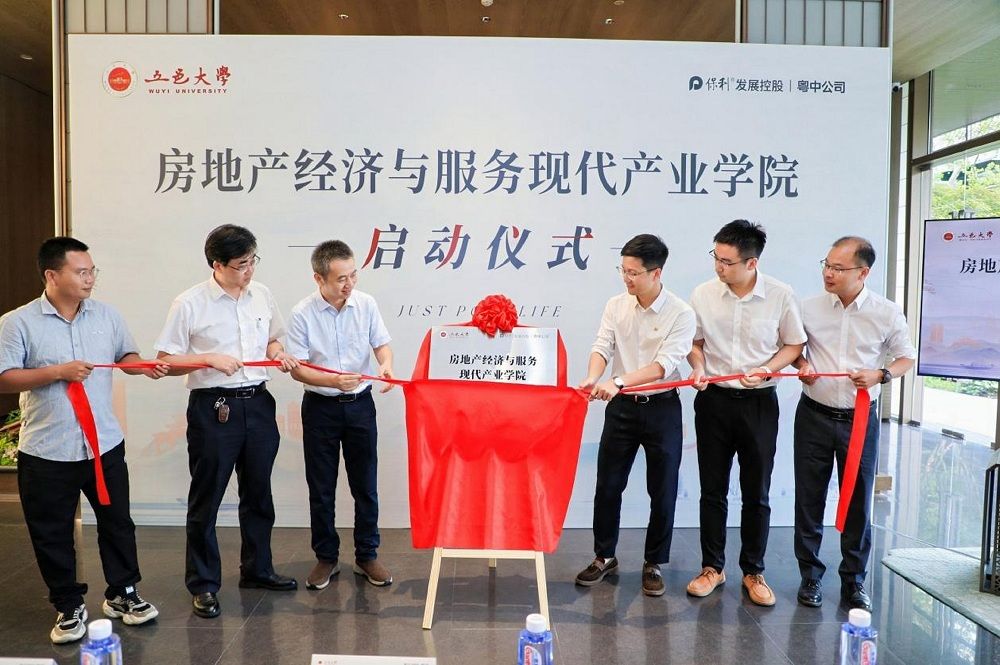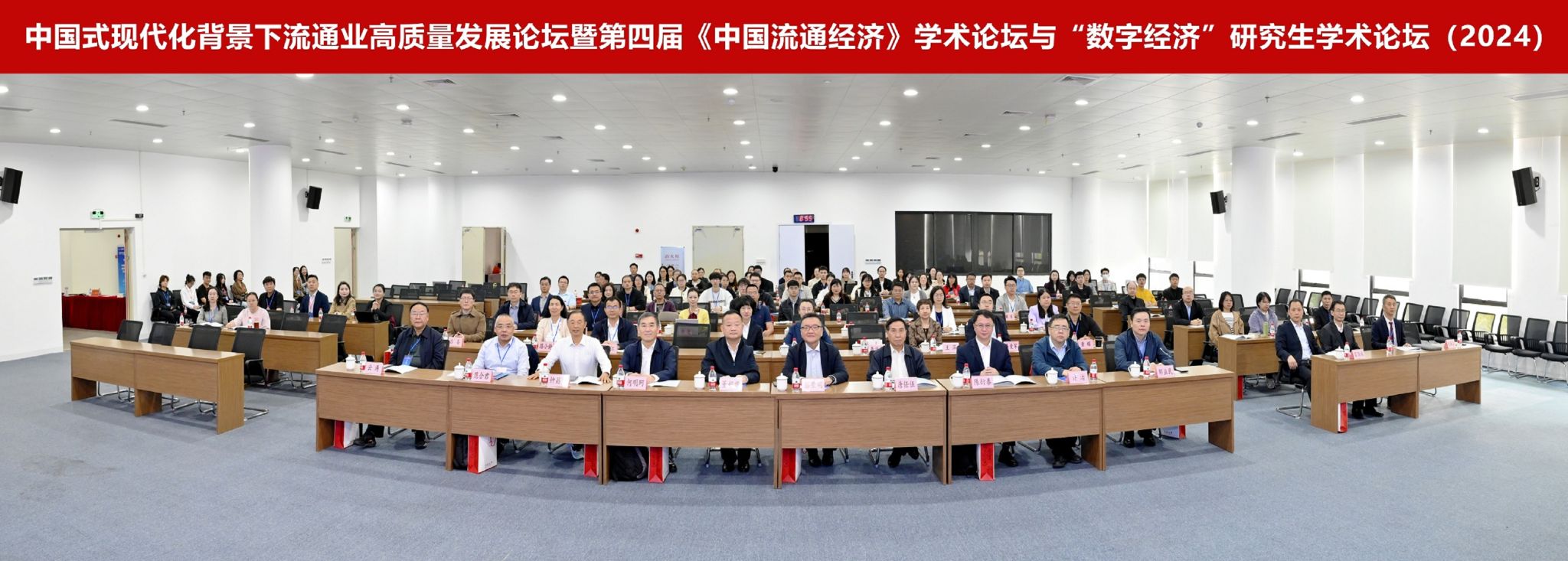The School of Economics and Management traces its origins back to 1985, when the Department of Management was established. Today, the School offers 11 undergraduate programs (or specializations) in economics and management disciplines, all of which have the qualification to recommend outstanding students for direct admission to master’s degree programs without entrance exams. The School boasts two national first-class programs and two provincial first-class programs, as well as three provincial first-class courses. Among these, the E-commerce program has been recognized as both a national and provincial first-class program. In the 2024 China Alumni Association Rankings of China's First-Class University Programs (Research Category), the E-commerce program was ranked 17th nationwide and awarded an A grade and four-star status.
The School hosts a master's program in "Management Science and Engineering" and is home to several high-level research and social service platforms, including the "Guangdong E-commerce Augmented Reality Engineering Research Center," the "Jiangmen Economic Research Center (Jiangmen Economic Think Tank)," the "Public Administration Research Institute of the Guangdong Academy of Social Sciences Jiangmen Branch," and the "Marine Economy and Management Research Center."
The School emphasizes a practical, skills-oriented approach to education, cultivating students' abilities through project-based learning. Students are encouraged to participate in various academic competitions at the national, provincial, and municipal levels, where they consistently achieve outstanding results. Notable achievements include the Gold Medal and Best Employment Promotion Award at the 8th China International "Internet+" Innovation and Entrepreneurship Competition in 2022 (organized by the Ministry of Education and other ministries), and one Grand Prize, as well as multiple First, Second, and Third Prizes in the National E-commerce "Innovation, Creativity, and Entrepreneurship" Challenge (organized by the E-commerce Teaching Advisory Committee).
The School maintains an integrated Economic and Management Experimental and Practical Training Center and numerous on-campus and off-campus practice-oriented teaching bases, which provide strong support for the development of students’ knowledge systems and practical skills.
The School is committed to fostering international cooperation in education, partnering with universities in the United Kingdom, Malaysia, Hong Kong, Macau, and Taiwan to implement various cross-border talent training programs.
The School benefits from a well-structured faculty team comprising 81 full-time teachers, including 20 professors and 36 associate professors, with senior titles accounting for 70% of the faculty. Among them, 54 hold doctoral degrees, and 41 are supervisors for master's or doctoral students.
Currently, the School has over 2,110 full-time undergraduate students and 30 graduate students. It has developed a unique "teaching-coaching-research-competition-entrepreneurship" five-in-one project-based teaching model and an "innovation and entrepreneurship education" model integrating five key elements: courses, platforms, collaboration, synergy, and openness. Through these distinctive educational approaches, the School continues to nurture a large number of high-caliber talents in economics and management.




